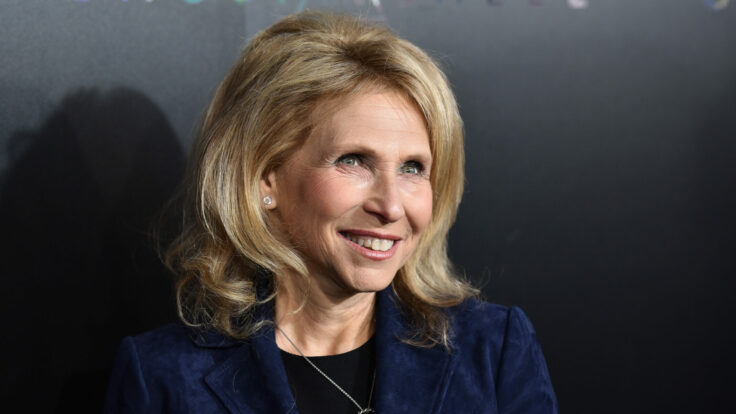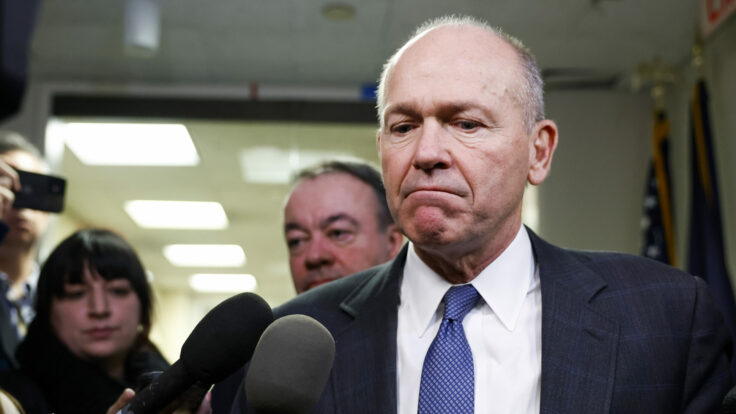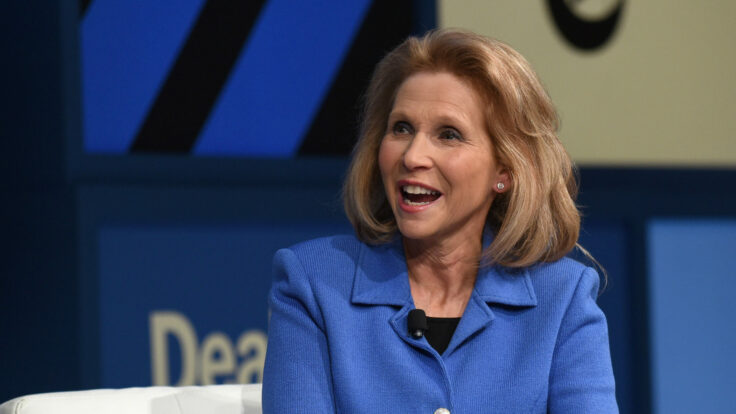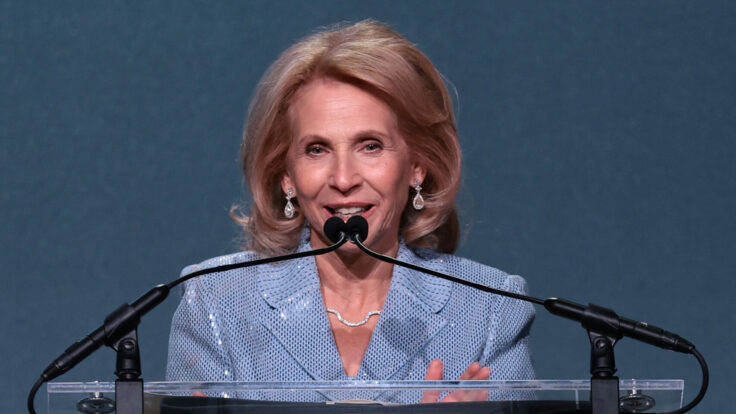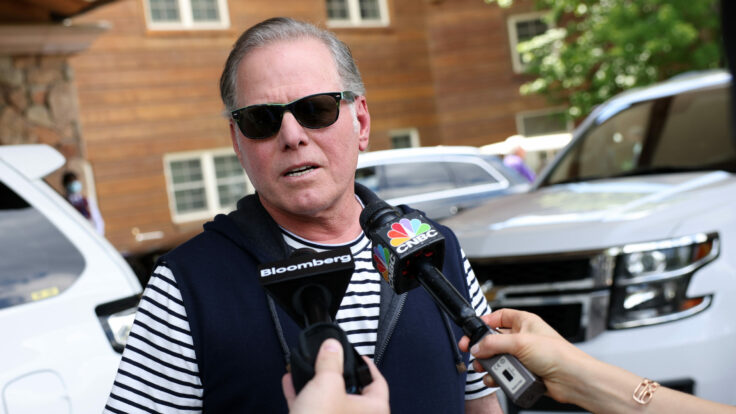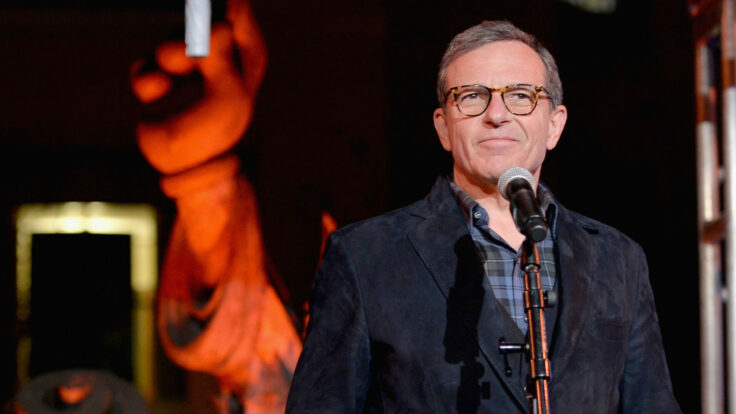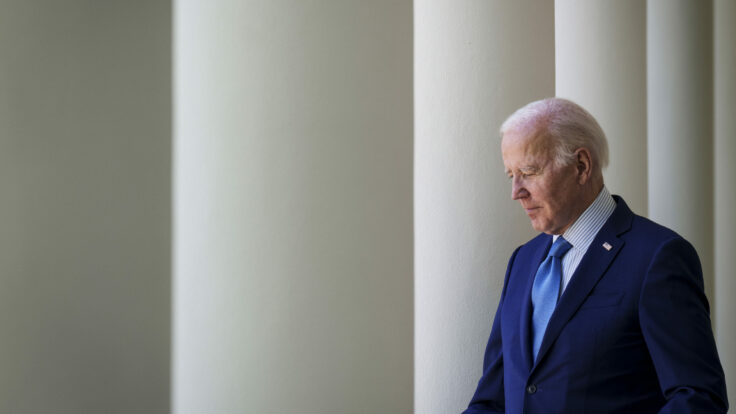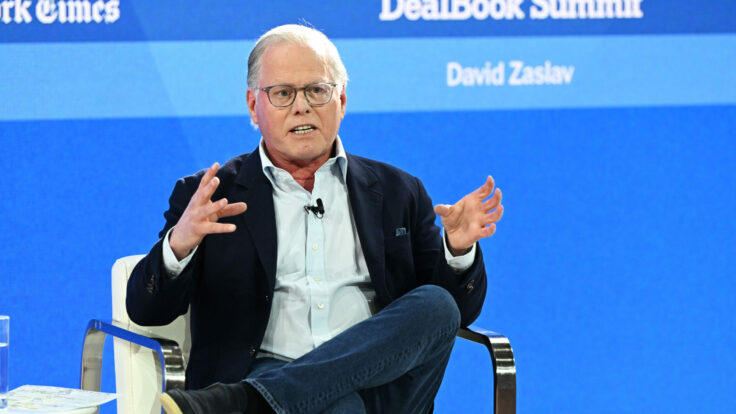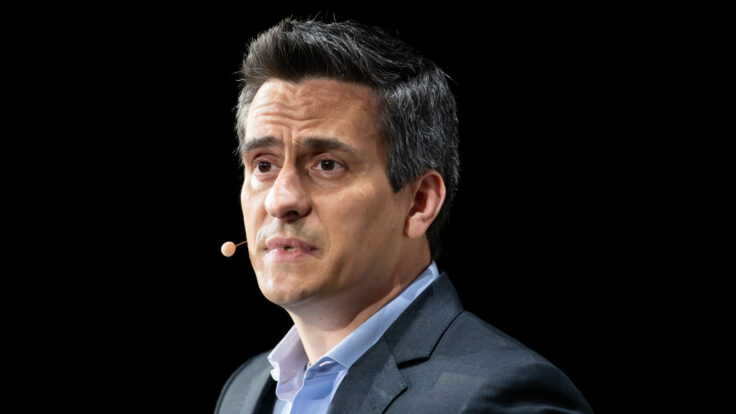Peter Schiff, now 59, has been around Wall Street for a long time. After a stint as a broker at Shearson Lehman Brothers, a predecessor of the now-defunct bank that bore part of its name, he and a partner bought an inactive brokerage firm based in Westport, in the mid-90s, and renamed it Euro Pacific Capital. He later sold the company, which was renamed Alliance Global Partners, and took a role there as chief economist and global strategist. He is also a master of our new multimedia world: he blogs, he writes books, he has a podcast, a YouTube channel, a radio show, and he’s an effective tweeter with nearly 705,000 followers. (Peter, please tweet this out there.)
More notably, Schiff is among that small cohort who saw the trouble brewing in the years leading up to the 2008 financial crisis and yelled about it from the metaphorical mountain tops. “Guys like me, we’re just dismissed as ‘Gloom and Doomers,’” he told me by phone this week from Puerto Rico, where he hangs out these days. Needless to say, Schiff is very worried—very worried—about the coming financial crisis. “We’re still in complete denial of the problem,” he said.






